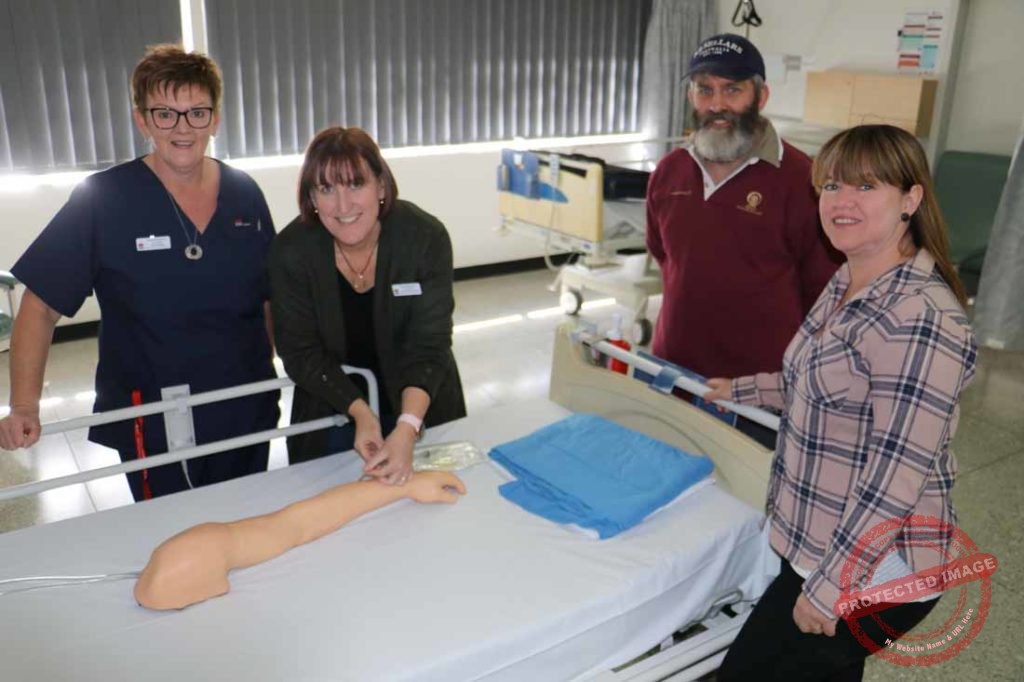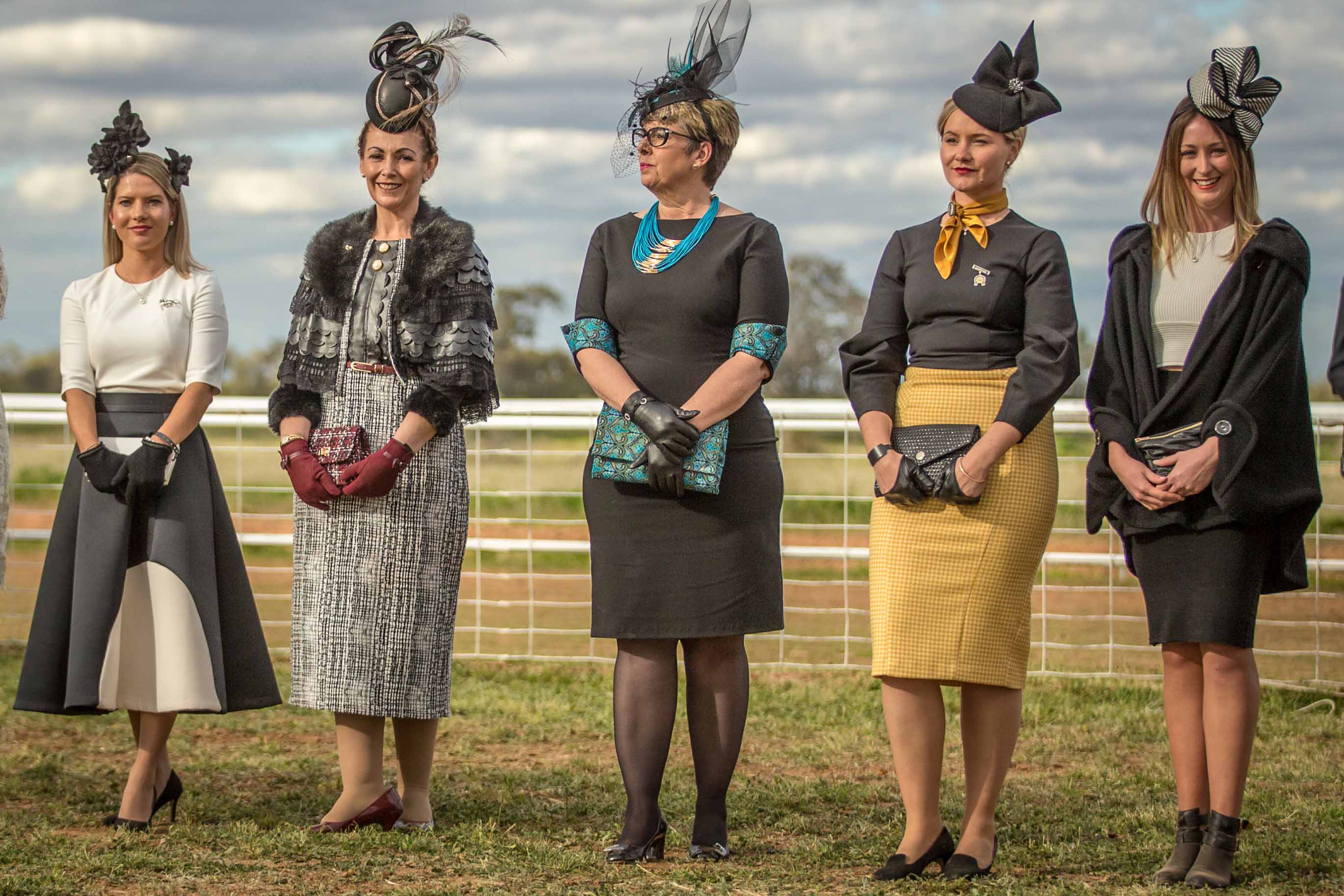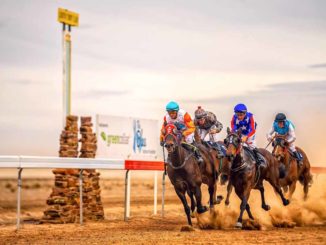
collectors Rob Collingridge and Rachael Slinger and the hospital’s new training
equipment, a prosthetic arm.
Drinkers at this year’s Louth Races may not have known that they would be indirectly contributing to the purchase of medical equipment.
Avid can collectors for charity, Rob Collingridge and Rachael Slinger, who have been collecting locally for more than a year, were recently invited by the Louth Races committee to help with their recycling at this year’s event.
“This was a massive weekend and a huge success with the help of Charlie and Tarmika Wilson, Ben Urqhuart and Bryce Moore.
“We’re still counting those items!” Rachael said.
In May this year they raised enough money from cans and bottles recycling to purchase an oxygen concentrator (breathing machine) for Cobar Community Health.
Rob and Rachael’s Cobar Community Can project has also received the support of the CSA Mine who matched their donation and helped to buy an ultrasound transducer for use at Cobar Hospital.
“Our recycling has continued with the support of many people in and out of town,” Rachael said.
That includes Rob’s parents, Ed and Jan Collingridge, who have joined in the fundraising effort.
“We had a very kind donation from the Australian Cartridge Collectors Association [which Rob’s parents are members of], and we have now purchased a prosthetic arm.
“Cheryl Black, the nursing educator at Cobar Hospital, has wanted one for a while, so now she is able to use this for training and teaching nurses to maintain there skills in cannulation and venepuncture,” Rachael said.
Cheryl was thrilled to receive the new $1,200 piece of training equipment on Monday.
She said this particular item has been on her wish list since taking on the role of nursing educator in 2014.
She said while the hospital budget does allow for staff to attend various training courses, it doesn’t allow for training tools and equipment.
“It’s going to be very beneficial.
“The old equipment we’ve been using hasn’t been able to have blood flow through it, I think for about 15 years,” Cheryl said.
She said so that trainees could get experience, they were improvising with nursing staff volunteering to act as “patients”.


